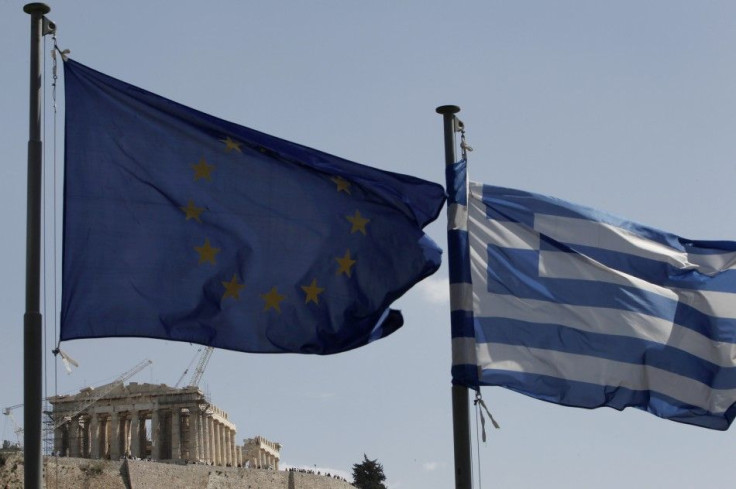Investors Say Global Crisis Revealed Euro Zone Economies Are Particularly Vulnerable To Future Downturn: Fitch Survey

European investors fear that the euro zone crisis is far from over and its economies could deteriorate again, according to survey results released Monday by Fitch Ratings.
The international credit rating agency found that 59 percent of investors believe that buoyant financial markets do not reflect underlying weaknesses in the euro zone and the region will remain vulnerable until the recovery and deficit reduction are secured.
Among the pessimists, 29 percent think that the euro zone is experiencing a brief period of market calm, and another 30 percent believe markets are volatile regardless of Europe's weak economic outlook. Contributing factors include skepticism over monetary and exchange rate flexibility, concerns about large fiscal deficits and weak economic growth prospects, doubts over the political commitment to the euro zone in the aftermath of hesitant support given to Greece, and an unsustainable imbalance between the region's strong and weak economies.
Meanwhile, 41 percent of investors are less pessimistic, believing that the worst of the crisis is over because of the European Central Bank's strong support and policies.
"There is a stark dichotomy between the continuing recession with rising unemployment across Europe and the rally in financial markets," Fitch Credit Market Research Managing Director Monica Insoll said. "If the latter is not validated by economic stabilization and progress toward banking union, the danger is that market volatility will return with a vengeance over the summer, as it did in 2012 and 2011."
There was more consensus among respondents regarding the risks of recession and inflation. An all-time-high 86 percent said a prolonged recession will be a high risk to the European credit markets, up from 69 percent in the previous quarter. Only 9 percent of respondents regarded inflation as a likely risk, while 29 percent regard deflation as a high risk, in a further indication of low confidence in economic recovery.
Fitch conducted the survey between April 3 and May 7.
© Copyright IBTimes 2024. All rights reserved.












